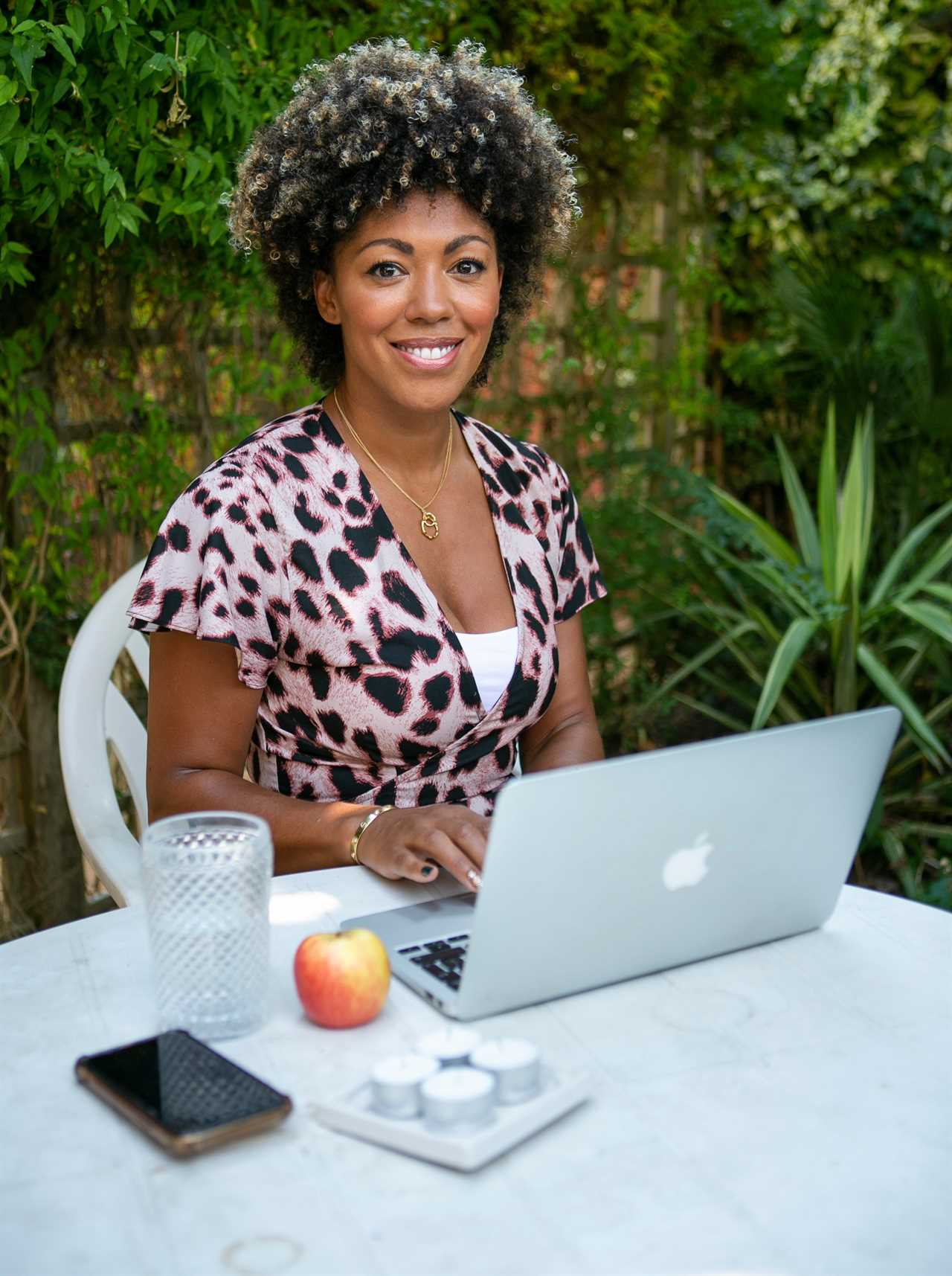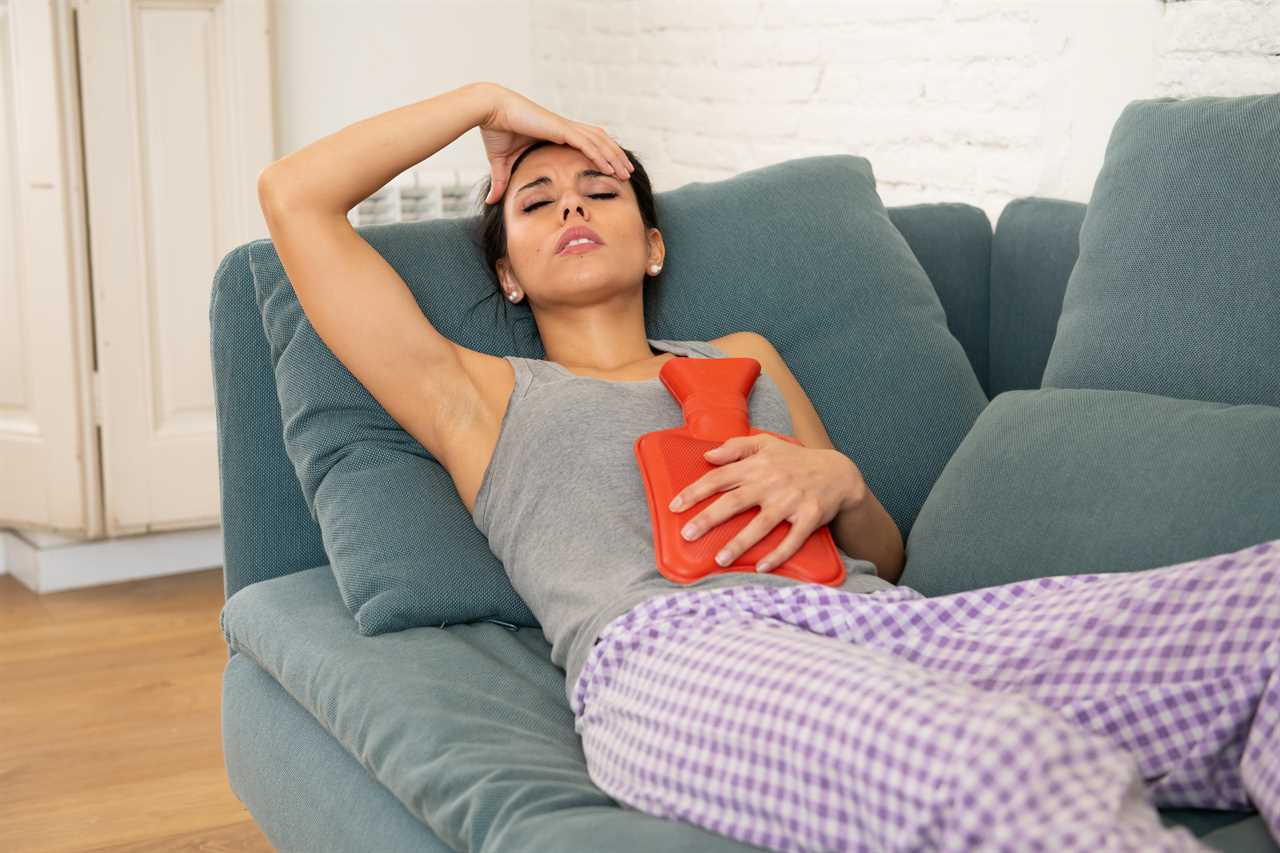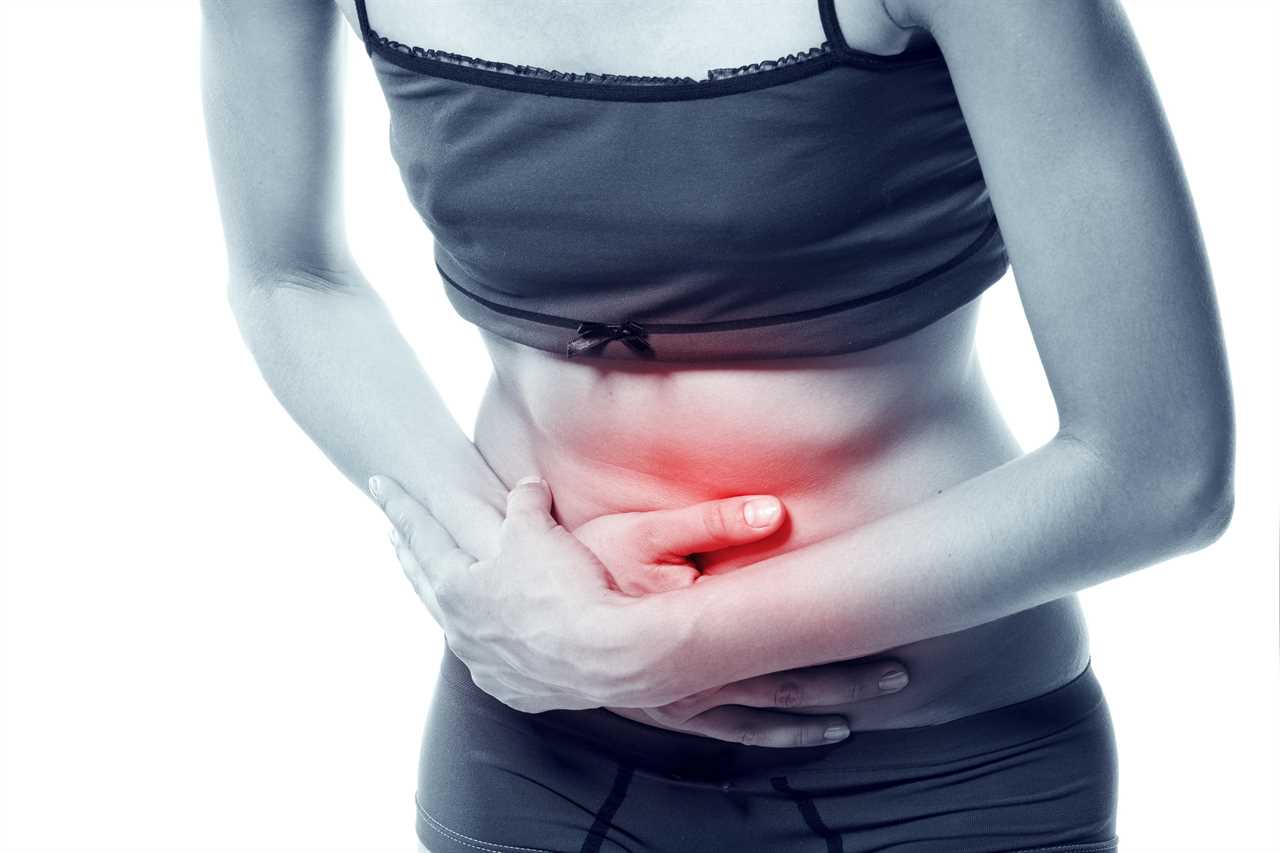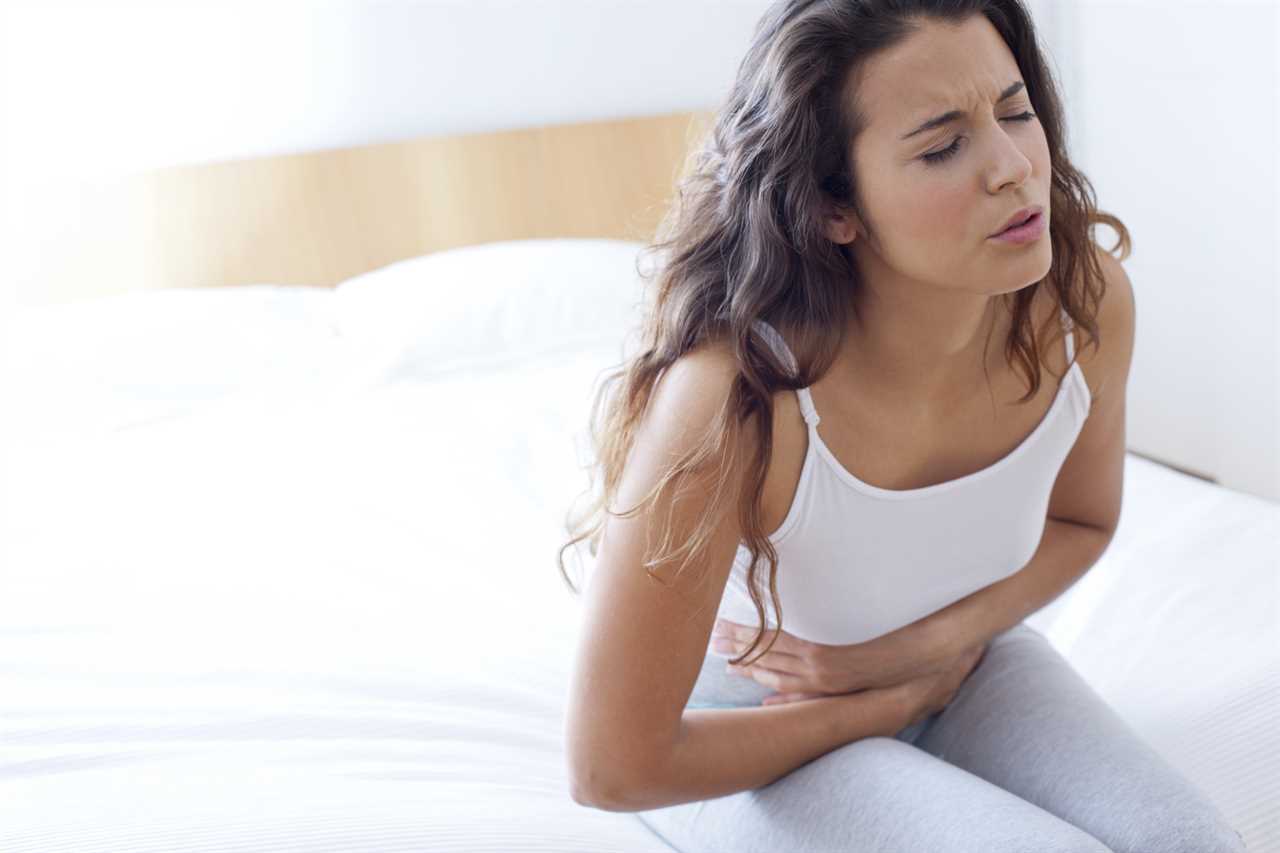WELCOME to my new-look, bigger column.
I am inundated with questions from readers, covering all sorts of aches, pains, worries and concerns.

And now, as part of the new weekly Sun Health pages, I will be able to answer even more each week.
No problem is too big, or small. If you’re worried about something health-related, I’m here to help.
So, send your emails in and let me help you tackle the niggling health problems you’ve been putting off.
This week comes with a vital reminder to see your GP urgently if you experience sudden and severe symptoms.
MORE ON IBS
It pays to get these things checked out ASAP.
Q) I HAVE IBS but I always worry about developing bowel cancer, especially now I am in my 50s. Am I right to be worried?
A) Irritable bowel syndrome is a common complaint which may affect as many as one in five people.
Symptoms include abdominal cramps, bloating and constipation or diarrhoea that have lasted for longer than six months.
But it can only be diagnosed once you have had a blood test to exclude some of the other causes of these symptoms, such as coeliac disease, Crohn’s disease or ulcerative colitis.
In women over 50, bloating can also be a sign of ovarian cancer.
Having IBS does not put you at greater risk of developing bowel cancer.
The best way to protect yourself from bowel cancer is to be aware of the signs and watch out for them.
If bowel cancer is caught in the early stage it is highly treatable and has a survival rate of 90 per cent.
The symptoms of bowel cancer can include:
- Bleeding from your bottom and/or blood in your poo.
- A persistent and unexplained change in bowel habit.
- Unexplained weight loss.
- Extreme tiredness for no obvious reason.
- A pain or lump in your tummy.
In England, those aged 60 to 74 are sent an NHS bowel cancer screening kit every two years and it is vital those eligible complete this.
Following Trending In The News’s No Time 2 Lose campaign, the Government agreed to lower the age to 50, and the NHS is in the process of rolling out screening tests to everyone aged 50 to 59 years.
Q) I READ a lot about statins and cholesterol. At what age would you recommend putting a patient on them? I’m a 62-year-old woman. When would you put me on statins?
A) Statins are a group of medicines that can help lower the level of low-density lipoprotein (LDL) cholesterol in the blood.
High levels of this particular type of cholesterol can, in some people, increase the risk of atherosclerosis — hardening of the arteries — which can put you at higher risk of heart attacks and stroke.
GPs would usually suggest statins to patients if they have already been diagnosed with cardiovascular disease.
Or if their personal or family history suggests there’s a ten per cent — or higher — risk of them developing it in the next ten years.
We calculate a patient’s ten-year risk using something called a QRISK2 assessment tool.
It takes into account factors including smoking and diabetes, ethnicity and social background. It is not always necessary to start statins as a preventative measure straight away.
Lifestyle changes such as being more active, quitting smoking, reducing alcohol intake, eating more healthily and losing weight can all potentially lower LDL cholesterol.
People should be offered the chance to have their risk assessed again after they have tried to change their lifestyle.
Q) I AM a 65-year-old woman and for the last three weeks I have had a burning sensation down my spine, especially around my shoulder blades.
It only happens at night and wakes me up, then I’m not able to go back to sleep.
I’m really struggling with the lack of sleep because I don’t have any energy to do anything during the day.
I live on my own, so it gets a bit scary at times as I sometimes feel light-headed.
A) Thank you for writing in with this complaint. There could be a number of possible reasons for the symptoms that you describe.
However, you have mentioned a couple of red flags there which mean I would urge you to make a fairly urgent appointment to see a GP.
The location of your pain, combined with the fact that it is present at night and wakes you, means that this requires a detailed assessment and examination by your GP.
Please do keep in touch and let me know how your appointment goes.
Q) ON the first day of my period, my parts throb and ache so badly that I sit crying. The pain on day one ruins my day. Help, please.
A) Day one of the menstrual cycle, which is also the first day of our period, can be the worst day of the month to many women.
There are a whole range of symptoms that women can experience, it’s not just the abdominal cramps that most people are aware of.
Also, did you know that we tend to be more sensitive to pain generally around the start of a period?
It is worth keeping a symptom/period diary, so that you have some prior warning and know when to expect your symptoms to arise.
A diary will mean you can start taking pain relief 24 hours before you expect the symptoms to come on.
Treating the pain before it starts is much more effective than after it has started.
You can use an app such as the Flo app, which is a great period-tracking device.
Q) I AM 58 and always enjoyed sex, until the menopause. I was prepared for the dryness but I didn’t realise how painful sex would become.
I find penetratative sex with my partner too painful.
I’ve suggested lubricant but my partner thinks I have an infection.
I’ve tried antibiotics, even though I know it’s not a urinary tract infection. What do you suggest?
A) Vaginal dryness and associated pain from sexual intercourse is a very common symptom of the menopause.
Read More on Trending In The News
The great news is that there are treatments to help with this.
If you are only experiencing vaginal symptoms of the menopause, and are not suffering or are managing OK with other symptoms, then there are options such as vaginal moisturisers and topical oestrogen gels which will help to alleviate these symptoms without your body absorbing the hormones systemically.











